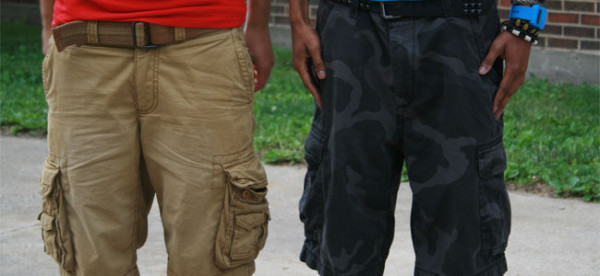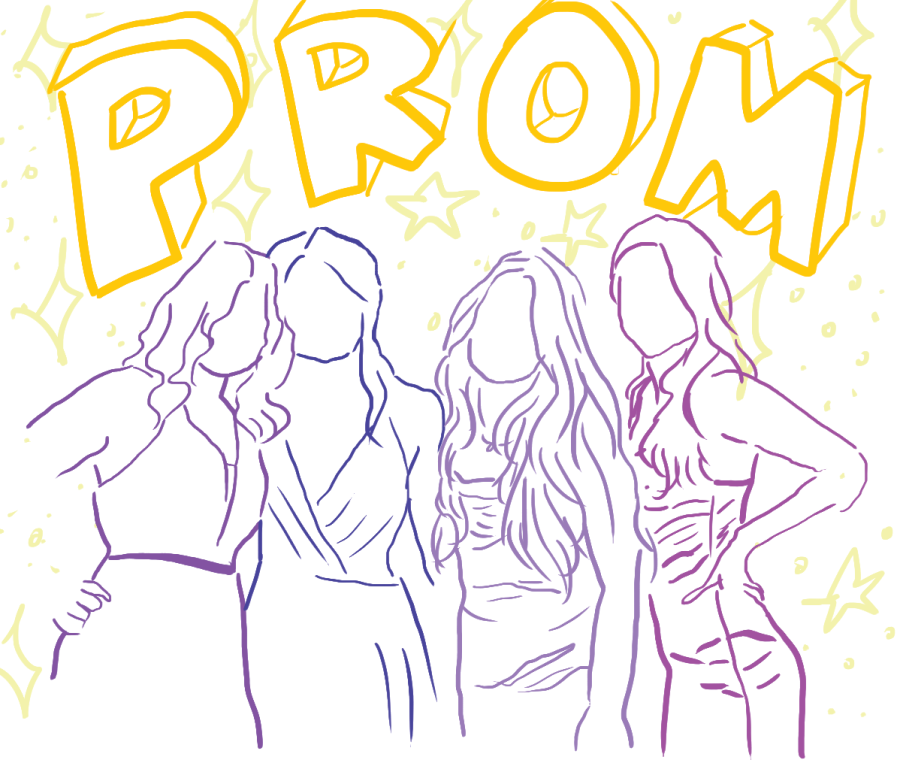In 1993, three eight-year-old boys were found slaughtered in a drainage ditch. Police had no evidence that pointed to any suspects. Immediately suspicion fell on the whole town – the parents, young delinquents, and anyone who did not have a solid alibi. This is the notorious case of the West Memphis Three.
Told from an investigative perspective, author Mara Leveritt goes over any and all data collected during the crime investigation and trials to retell the story of the West Memphis Three. The three boys, Micheal Moore, Chris Byers, and Stevie Branch, were last seen alive on May 5, 1993 and would not return home.
The three juvenile delinquents who fell under suspicion – Damien Echols, Jessie Misskelley, and Jason Baldwin – came from poor backgrounds and had some previous involvement with petty crimes. The three stood out among the Christian neighborhood with their black clothing and metal music. They became prime suspects of the investigation.
The book exposes many faulty pieces of evidence, which leaves the readers questioning what really happened on the night of May 5, 1993.
This is were the controversy over the book comes in. Did the boys really commit the crime or not?
Some students are becoming very passionate about this case and feel as though the three boys were wrongfully convicted.
“I really like the book. The book is set up with a bias, but I like how each piece of evidence they overlooked and overestimated is re-looked at,” said senior Roxanne Burger.
Others, however, have a strong distaste for the book and the case itself.
“It’s very repetitive and it shows the bad side of the American judicial system,” said junior Susana Caman.
All junior and senior IB Theory of Knowledge (TOK) classes were assigned to read and blog about the novel.
“I found the novel interesting, but sometimes too detailed. The blog was cool and the interaction with Judge Stidham made the blog even better,”said junior TOK teacher Chad Lower.
Currently, IB students and Bookspace members are blogging. Not only are students encouraged to express their thoughts and opinions on what the book covers, but Yellman also got in contact with Judge Dan Stidham, who comments and follows the blog in his spare time.
“It was interesting to examine the case within the book. I think it illustrates the general frustration as it ruins the idealistic nature of the justice system,” said senior TOK teacher Laurel Maslowski.
Some students are on a neutral standpoint but still have their issues with the book.
“It’s hard to be motivated to pick up a book that you just can’t get into. So much went wrong in the trial that I had to stop reading to keep my sanity,” junior Ashley Henry said.
Overall, the book deals with a lot of controversy and asks the ultimate question: Do we have a faulty justice system or too much bias from judges, authors, lawyers that the truth gets overlooked?
If this case interests or even repulses you, you can pick up a copy from the library. Form your own conclusion based off of what you read and potentially uncover by looking at other sources.








